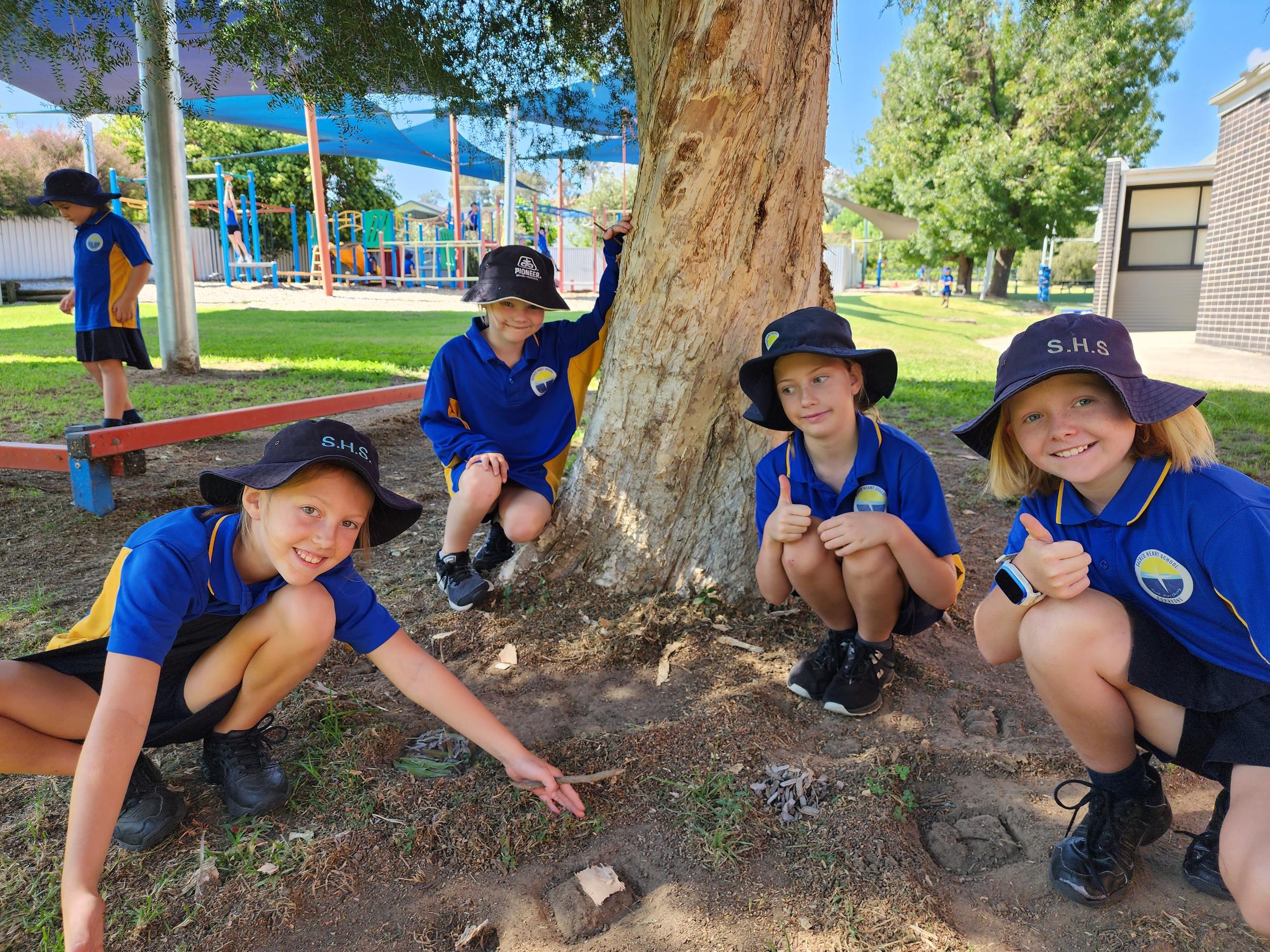Mental Health in Primary Schools (MHiPS)

Dear Parents and Carers,
From time to time, you may get a call from the school letting you know that your child is involved in some behaviour incidents.
You know you child better than most and sometimes their behaviour at school can be very different from what you experience at home.
The Education Department provides helpful information to help parents work together with the school to support the teachers and your child to make learning and being at school a successful experience for all.
What do I do if my child is getting into trouble at school?
Steps to take if there’s been a behaviour incident
If an incident occurs, the school should contact you.
If this happens:
- Listen to what the school has to say about the incident. Try not to jump to your child’s defence without hearing all sides of the situation or to blame them before you’ve discussed this with them.
- Talk with your child. Keep an open mind. Hear them without adding input.
- Work as a team with your child and their teachers to assist them to make amends if they need to and move forward in a positive way.
Set up a meeting with the school to discuss ongoing behaviour concerns
If your child is displaying ongoing behaviours of concern, you may need to set up a meeting with your child’s school and with your child if they are old enough. Together you can discuss what’s been happening and create a way forward.
How to problem-solve together:
- Work with your child and their teacher to develop a plan to solve the issue.
- Ask your child what they think possible solutions could be
- Speak to their teacher about whether these can be implemented in the classroom
- Work together with your child’s teacher to solve any issues
- reinforce school expectations, rules and routines often
- Celebrate success!
Behaviour and Good Mental Health for Children
Positive behaviour helps children get along with others, build relationships, learn and develop well. This means that learning to behave well is good for children’s mental health.
Here are ways to promote your child’s mental health and wellbeing through a focus on behaviour:
- Encourage your child to behave in positive ways. This might include speaking kindly, cooperating, sorting out problems and following instructions.
- Have family rules about behaviour and involve your child in developing rules and consequences. Adjust the rules and consequences as your child grows. Rules and boundaries help children of all ages feel safe and secure.
- Help your child to set realistic goals for their age and abilities and work towards achieving them – for example, riding a bike without training wheels or trying to solve a difficult maths problem for school. And praise your child’s efforts to achieve the goal, rather than the goal itself.
- Help your child learn how to solve problems so that they develop the skills to do this for themselves when they’re older. For example, you can help your child work out what the problem is, brainstorm possible solutions, and choose a solution to put into action.
- Encourage your child to try new things, take age-appropriate risks, and learn from mistakes. This could be things like entering a competition, speaking in front of the class, climbing new equipment at the playground and so on.
Joe Quinn
Mental Health Wellbeing Leader
